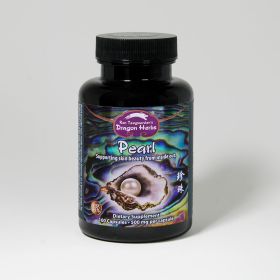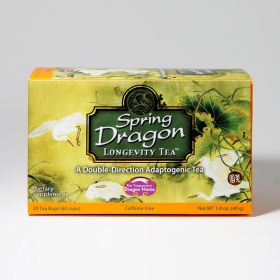Call Our Herbalists
Herbal Consultations
Emotional Balance - Mood Control
A normal, healthy person will experience a range of moods that is reflective of their general emotional balance. Zen, Taoist and Yogic training, as well as many other forms of developmental training, emphasize the value of mastering one’s emotions without suppressing them. It is absolutely appropriate, necessary and healthy to have moods, feelings and emotions. This is to be human. But mood management is a path to success in all avenues of life. The kaleidoscopic shifting of the emotions is a natural response to the cycles of life, and the emotions themselves are the guiding and driving forces of the body.
Recognizing that the body affects the mind and vice versa, the ancient Chinese saw no real distinction between these two aspects of a person. A person must be perceived of as a whole and, further, as a whole in relation to her or his environment. There are five basic emotional spectra that are generated by the solid organs when stimulated by external changes and internal pre-disposition. The emotions are influenced by the hollow organs through the latter’s connection with the solid organs.
Shen controls ALL the emotions. If Shen is weak, or distracted by social mores or physical imbalances, the psyche can become addicted to some emotion. When one emotion is emphasized and clung to, the emotional and physical states become imbalanced because Shen has ceased to rule. The imbalanced emotional state controls the person instead, and the whole sequence of emotional change is thrown out of rhythm. The related meridians and the physical conditions are affected, for the mind and body are very closely inter-related. One necessarily affects the other.
Here is a chart of the five emotional spectra according to traditional Asian Taoist theory.
THE FIVE EMOTIONAL SPECTRA
|
Organ |
Yin “mood” |
Balanced Emotion |
Yang “mood” |
|
Heart |
Sadness |
Appropriate joy, love* Shen Rules |
Over-excitement |
|
Spleen |
Excessive reminiscence, fretting, and chronic worrying |
Appropriate sentiment, reflection and thought |
Obsessing, intense worrying, lack of appreciation and arrogance, |
|
Lungs |
Continuous sorrow |
Appropriate release, The ability to let go, appropriate grief |
Holding on, or inability to grieve |
|
Kidneys |
Easy or frequent fear, paranoia |
Awareness of relativity, will, appropriate fear |
Foolhardiness |
|
Liver |
lack of anger, inability to act (lack of will) |
Will to become (Appropriate anger) ** |
Uncontrolled or excessive anger |
Tonic herbs and formulations have been used for twenty five hundred years to “center” the energy of the organ-systems of the body and with them the emotional balance.
Heart Centering
Spleen Centering
Lung Centering
Kidney Centering
Liver Centering



























